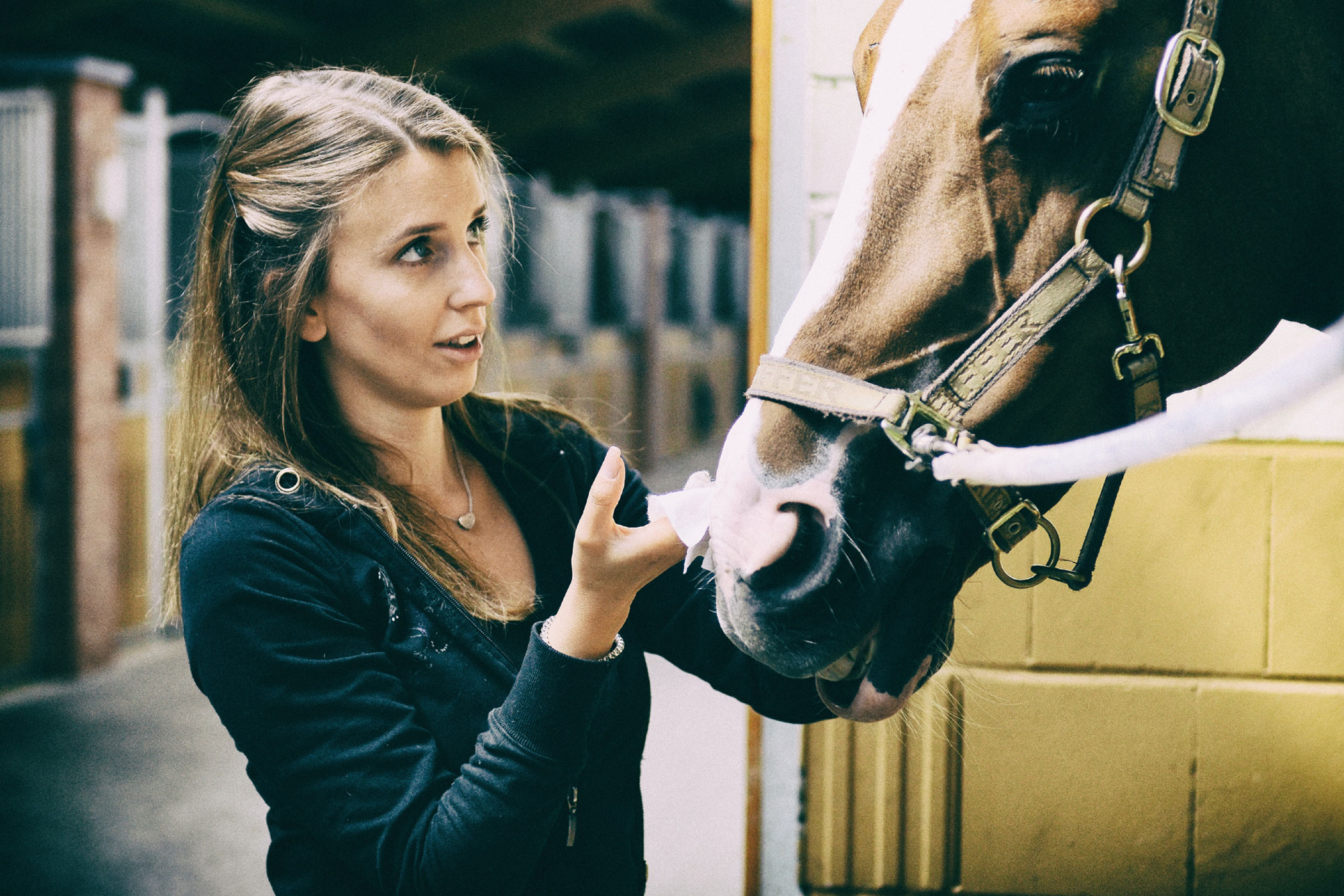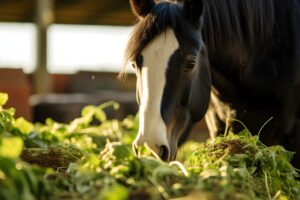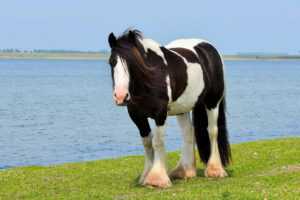
As the vibrant colors of autumn blanket the landscape, horse owners must make certain adjustments to ensure their equine companions stay healthy and comfortable during the fall season. This article provides valuable insights and essential tips for proper horse care during this transitional period. From managing nutrition and adjusting exercise routines to maintaining a suitable living environment, we explore a comprehensive guide to autumnal horse care.
Nutritional Adjustments:
As temperatures drop and grazing becomes limited, it’s crucial to evaluate your horse’s nutritional needs. Ensure a balanced diet by offering good-quality forage, such as hay or pasture, with adequate protein, fiber, vitamins, and minerals. Monitor your horse’s body condition score to determine if any adjustments to their feeding regimen are necessary. Consulting with a veterinarian or equine nutritionist can help you tailor a suitable diet plan for your horse during fall.
Water Management:
Proper hydration is vital year-round, but it can be overlooked during the cooler months. Make sure your horse has access to fresh, clean water at all times. Monitor water sources regularly to prevent freezing and ensure your horse stays well-hydrated. Utilizing heated water buckets or tank heaters can help prevent freezing and encourage your horse to drink.
Shelter and Bedding:
Providing adequate shelter for your horse is crucial during the fall season. Ensure that your horse’s stable or shelter is well-ventilated, dry, and protected from harsh weather conditions. Evaluate the condition of bedding regularly to ensure a clean and comfortable resting area. Clean and replace bedding as needed, especially in areas where moisture tends to accumulate, to prevent issues like fungal infections and respiratory problems.

Grooming and Coat Maintenance:
Horses naturally grow a thicker coat during the fall to help them stay warm. Regular grooming is essential to keep their coat healthy and free from dirt, debris, and matting. Regularly brush your horse to remove loose hair and prevent the buildup of sweat and dirt, which can cause skin irritations. Additionally, consider blanketing your horse if necessary, especially during inclement weather or if they are clipped.
Fall brings changes in ground conditions, with wetter and muddier surfaces becoming more common. To prevent hoof-related issues, schedule regular farrier visits to ensure proper hoof maintenance, trimming, and shoeing. Regularly clean your horse’s hooves and monitor for signs of thrush or other infections that may arise due to damp environments. Providing dry footing and using hoof protectants can also help safeguard your horse’s hooves during this season.
Exercise and Turnout:
Maintaining regular exercise routines is crucial for your horse’s physical and mental well-being. Ensure your horse receives sufficient turnout time in a suitable paddock or pasture. Adjust the duration and intensity of exercise to match the changing weather conditions. Incorporate varied activities, such as lunging, light riding, or ground exercises, to keep your horse engaged and stimulated.
Vaccinations and Deworming:
Fall can be an ideal time to review your horse’s vaccination and deworming schedule. Consult with your veterinarian to ensure your horse is up to date on vaccinations, particularly those required for respiratory diseases and other seasonal ailments. Follow a targeted deworming program to manage parasite load effectively, considering the unique needs of your horse and the local environmental conditions.

Monitoring Health:
Regular health monitoring is essential for catching any potential issues early on. Keep a watchful eye on your horse’s general well-being, including appetite, behavior, and physical condition. Look out for signs of respiratory issues, such as coughing or nasal discharge, which can be more prevalent during the fall. Schedule routine veterinary check-ups to address any concerns promptly.
Pasture Management:
Fall is an excellent time to evaluate and prepare pastures for the coming months. Remove any hazardous plants, branches, or debris that could pose a risk to your horse’s health. Consider rotational grazing or supplementing with hay if the pasture is becoming overgrazed or lacks sufficient nutrition. Regularly inspect fences and ensure they are secure to prevent any escapes or injuries.
Weather Preparedness:
As the weather becomes more unpredictable, it’s crucial to be prepared for sudden changes. Keep an eye on weather forecasts and make necessary adjustments to your horse’s care routine accordingly. Have appropriate blankets, sheets, or fly masks on hand to protect your horse from extreme temperatures, wind, rain, or insects.
Conclusion:
Fall brings a beautiful transformation to the equestrian world, but it also requires diligent horse care. By implementing the essential tips discussed in this article, you can ensure that your equine companion stays healthy, comfortable, and thriving during this transitional season. Remember, proper nutrition, adequate shelter, regular grooming, hoof care, exercise, and health monitoring are key to maintaining your horse’s well-being. Embrace the autumnal changes and enjoy the season with your equine partner while prioritizing their health and happiness.






